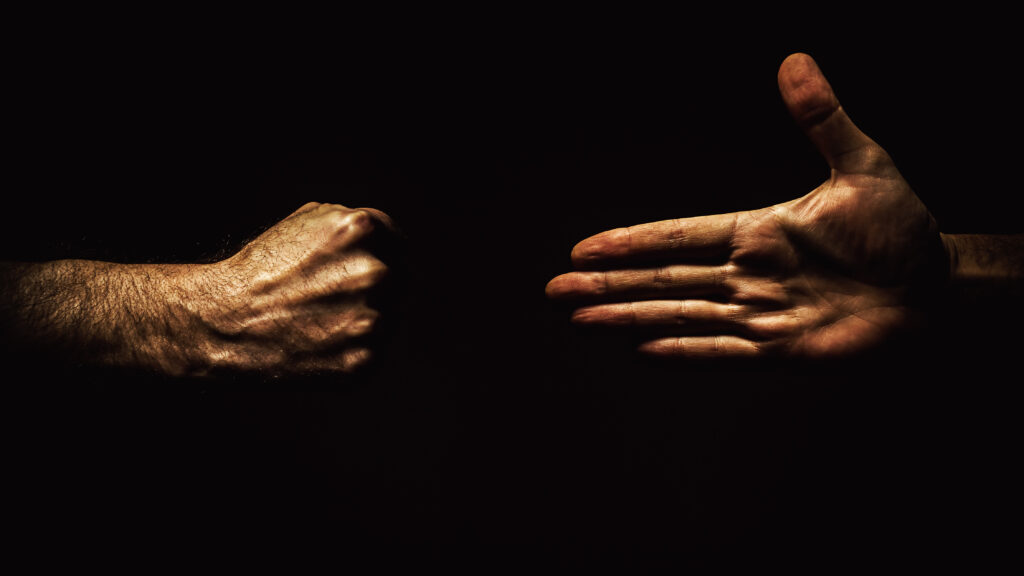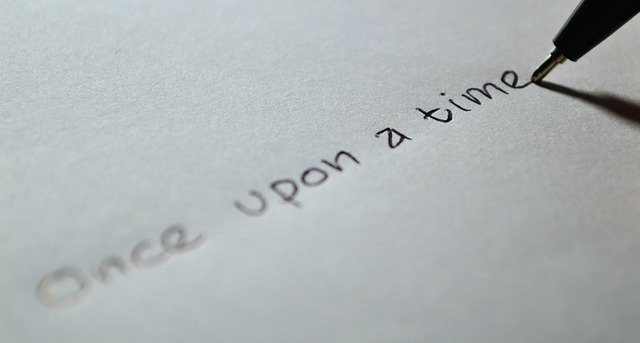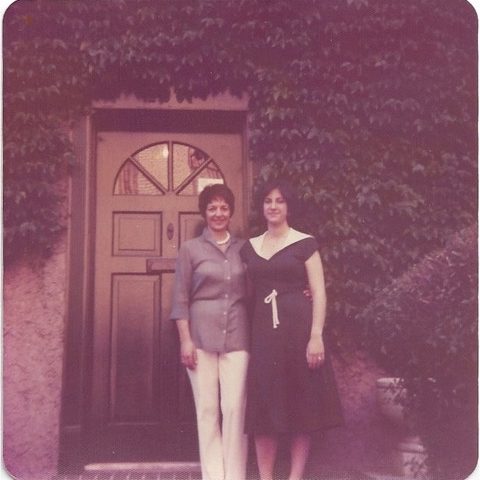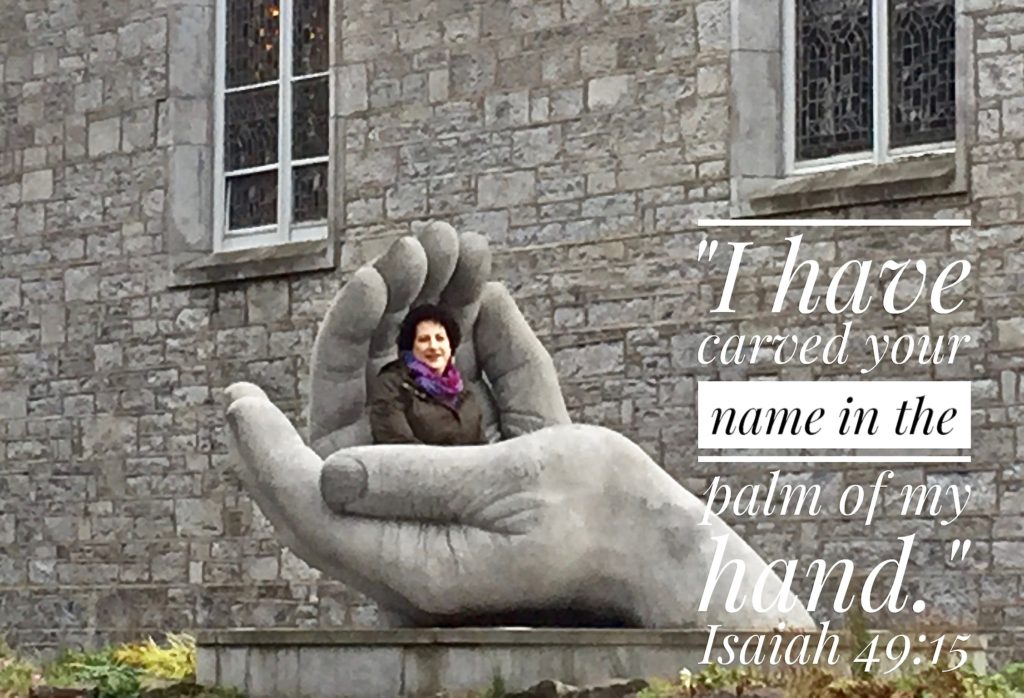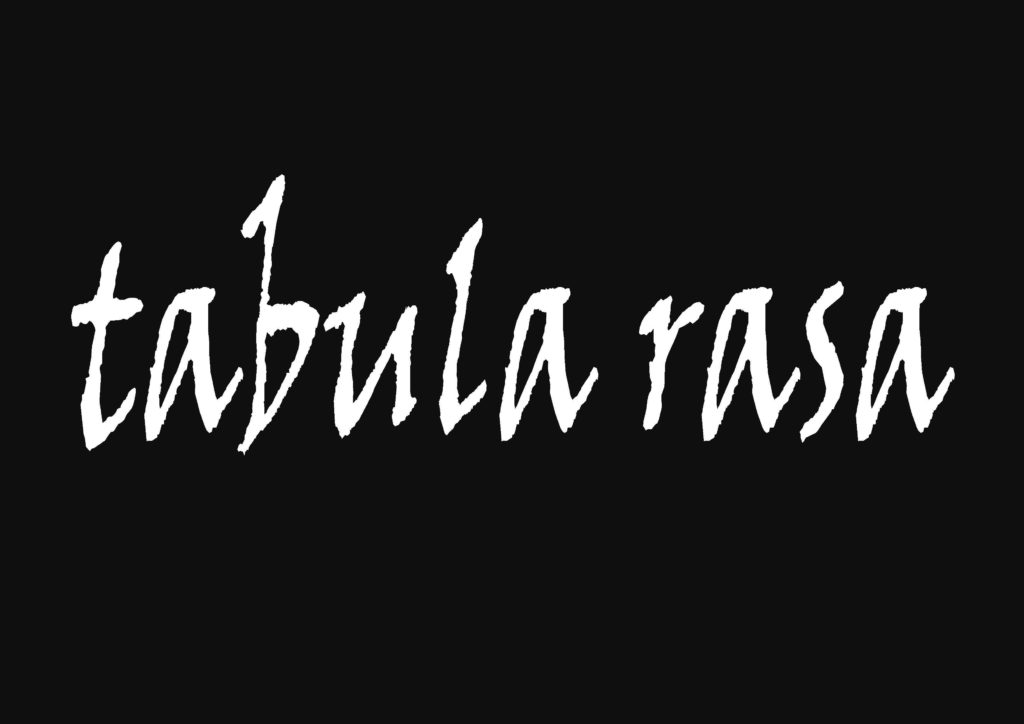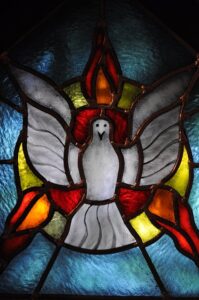 My last post was a cri de coeur , a lament over the current state of discourse. Particularly painful was that, on occasion I found the same brittleness, the same arrogance in the the Christian community as in the rest of the world.
My last post was a cri de coeur , a lament over the current state of discourse. Particularly painful was that, on occasion I found the same brittleness, the same arrogance in the the Christian community as in the rest of the world.
And yet, that is not the whole story. Because as many times as I have been disappointed by harsh words and intolerance, (and have disappointed others with the same), I have glimpsed moments of grace among believers. Moments of grace that have brought me to tears, moments so improbable that they could only be supernatural.
One such moment happened in the midst of great conflict, as accusations flew and demonization was the price of admission.
I was at a Christian conference at which the hottest of hot-button issues was being debated. The usual battalions faced off in a hotel conference room. I rose to propose an amendment to a resolution being considered, an amendment vehemently opposed by another group. I was suggesting the removal of a paragraph in an otherwise worthy resolution, a paragraph that was asserting things that were simply not true, and irrelevant to the issue at hand.
To everyone’s surprise, Candy, part of the group opposing my amendment, spoke in favor of it. Certain she misunderstood, the chair explained that she was speaking in favor of the amendment, not against it. She understood, all right. She was willing to withstand the scorn of her group because although she and I disagreed about just about everything else, she did not think her “side” needed to lie in order to win points.
Later that day in front of the entire assembly of 1,200, Candy approached me and we talked, as unlikely a pair was you’d ever want to see. When we parted, we hugged. It was a moment of sheer grace for all to see. In that moment every division, every disagreement of policy and theology, every contemptuous put-down either of us had ever offered or received vanished.
I have thought about her a lot lately. More than anything, I want to have her bravery, her humility, her love that doesn’t require agreement or capitulation. In the time since that moment of grace, I have come to see that if we as Christians can’t talk about hard things with each other, we certainly can’t expect the world to be able to do it. And so, I try to learn from her example:
- You must never sacrifice the truth in the pursuit of what you consider your just cause.
- The minute you think “Us vs. Them” you have abandoned the way of Jesus. To Him, no one was beyond grace, no one was irredeemable. Just read the parable of the Prodigal Son (Luke 15). Both sons were “lost”. The father held his arms open to both, welcoming them home.
- It takes great strength and integrity to be humble. Along with the firm conviction that I am right, I try to leave space for four important words: “I could be wrong.”
Yes, there are still times when I am disappointed in myself and others when we behave badly. But there are times — transcendent times, joyful times, — when empowered by the Holy Spirit we can speak the truth in love, when we recognize Christ in the other.
And it is nothing less than the Holy Spirit, because as we see in the world, this is not something we are able to do ourselves. Let’s face it, it is downright unnatural to give mercy, to admit our own failure, to continue to love when all we feel is hate. But when we can, when we do, it is the power of God in us.
Today is the day of Pentecost, the day we celebrate the coming of the Holy Spirit. The disciples sat in that room, full of fear, grief, and uncertainty. And the holy wind swept through and replaced their fear with boldness, their grief with joy, their uncertainty with an unshakeable determination: to leave that room and take the Gospel to a sometimes hostile the world.
On Pentecost, we celebrate the birth of the church. Yes, that church that is only as good as the people in it, a church that is full of flawed saints who nevertheless have the light of Christ in them. I’m reminded of these words from 1 John 4:4:
“Little children, you are from God and have overcome them, for he who is in you is greater than he who is in the world.”
We celebrate the birth of the church where that holy wind is still blowing, allowing us to show extraordinary love, practice forgiveness, and experience grace.
I want more of that in my life, don’t you?
Come, Holy Spirit, come.



